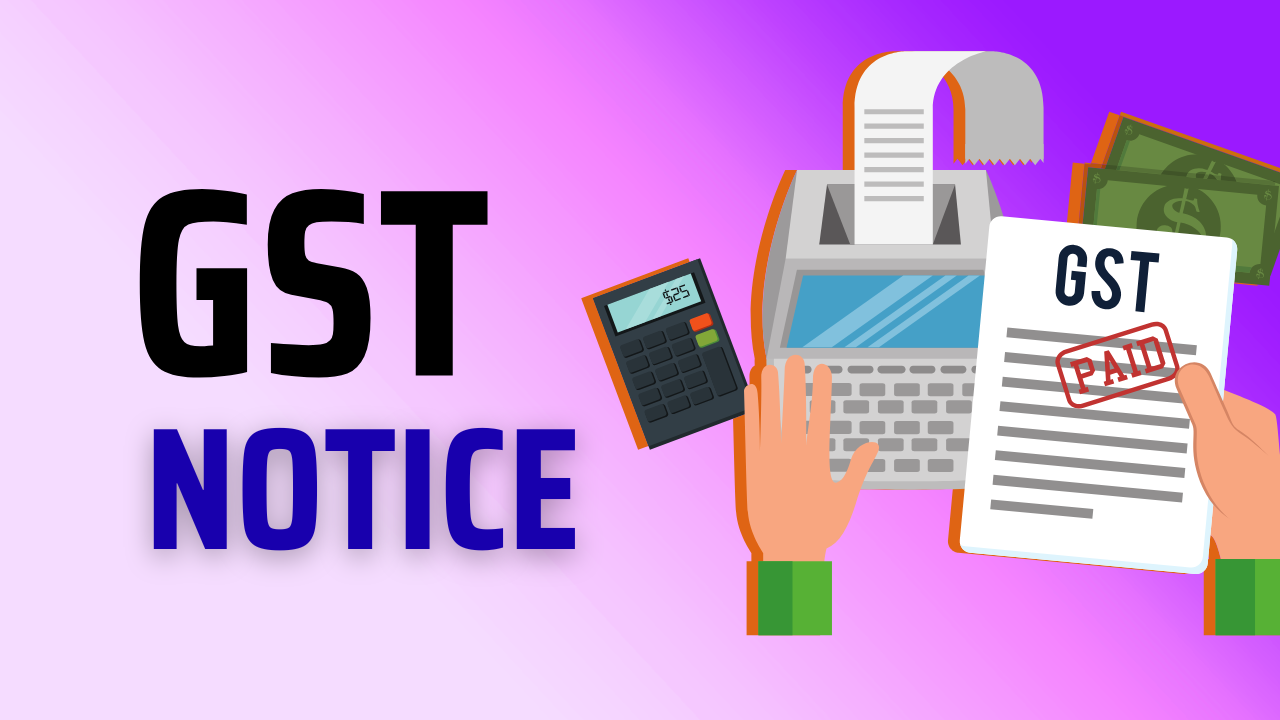


In a significant ruling that reinforces the limits of tax authorities' powers, the Jharkhand High Court has held that GST scrutiny notices issued under Section 61 of the Jharkhand GST Act, 2017 based solely on market price comparisons—and not on actual discrepancies in returns—are beyond jurisdiction and without legal backing.
This decision brings relief to a number of businesses, especially small suppliers, and clarifies that officers cannot question sale prices merely because they are lower than market rates, unless there is a genuine discrepancy in the returns.
The judgment was delivered by a Division Bench of Chief Justice M.S. Ramachandra Rao and Justice Deepak Roshan in a set of writ petitions filed by M/s. Sri Ram Stone Works and other similarly situated stone suppliers in Jharkhand.
The petitioners received Form GST ASMT-10 notices under Section 61 of the Jharkhand GST Act. The notices were issued after tax officers compared the prices at which the petitioners sold goods (boulders and stone chips) with the prevailing market prices, and concluded that the goods were underpriced, potentially leading to tax loss.
The notices further asked the petitioners to explain why proceedings under Sections 73 or 74 (which deal with tax evasion and fraud) should not be initiated.
The petitioners argued that:
Section 61 of the JGST Act only allows verification of returns filed by registered taxpayers.
The notices did not highlight any discrepancy in their returns.
Comparing transaction value with market price is outside the scope of Section 61.
There was no evidence of sham transactions, and the sale price was mutually agreed between buyer and seller.
The Court strongly agreed with the petitioners and ruled:
“Comparing the price at which petitioners sold their goods with the prevailing market price is wholly without jurisdiction and beyond the scope of Section 61 of the Act.”
The bench further stated:
“It is settled law that unless the transaction is shown to be a sham, selling goods at a price lower than market price does not give the revenue the right to treat the difference as taxable value.”
The Jharkhand High Court quashed all the GST notices issued under Section 61 in this matter. It also clarified that:
Tax officers are free to issue fresh notices, but only if genuine discrepancies in returns are found.
Mere price comparison is not a valid ground to invoke Section 61 or initiate actions under Sections 73/74.
As a result, the writ petitions filed by the petitioners were allowed, and the impugned notices were set aside.
Section 61 allows tax officers to scrutinize returns submitted by registered taxpayers. If discrepancies are found, they may issue notices seeking clarification.
Not under Section 61. They can only act if there are discrepancies in the returns, not just because the sale price is lower than the market price.
The notices were based only on price comparison with the market and did not cite any error or mismatch in the returns filed by the businesses.
The notices have been quashed. However, if real discrepancies are found in their returns later, new notices can be issued under proper sections of the Act.
While this ruling is from the Jharkhand High Court, it may be cited in similar cases in other states as a persuasive precedent.
This landmark decision from the Jharkhand High Court sends a strong message: tax scrutiny must be grounded in legal authority. Officers cannot stretch the scope of Section 61 to conduct market price analysis or make assumptions about under-invoicing without actual evidence of discrepancies.
It’s a clear reminder that legal procedures and taxpayer rights must be respected, and that price negotiations between buyer and seller are not automatically suspect.
Businesses should ensure accurate returns, but they can also take confidence that fair pricing practices, even at rates below market average, are not a crime under GST law.
Have questions about tax filing or financial compliance? Share your thoughts, and let our experts guide you with accurate and reliable advice.
Try it Risk Free we Don’t Charge Cancellation Fees.


Post By : CA Madhur
Jun 24, 2025